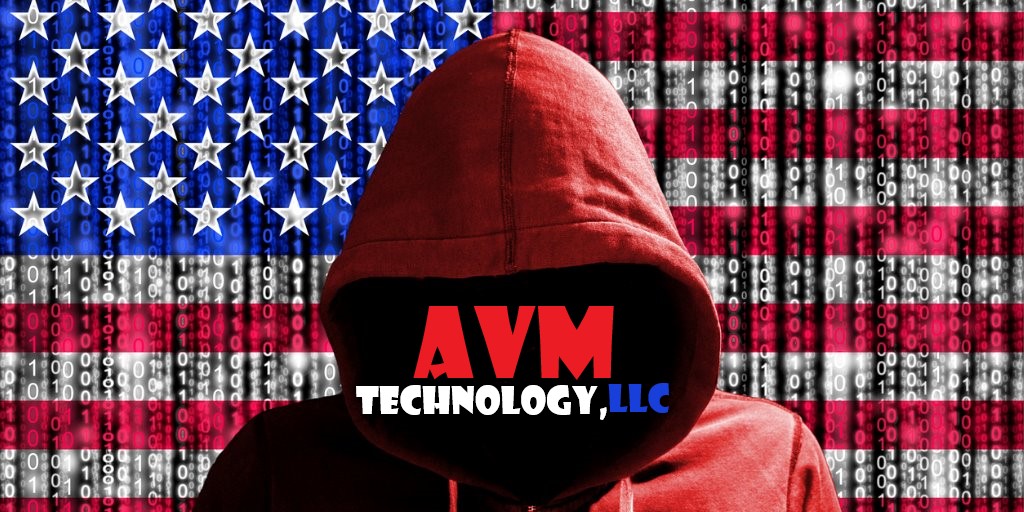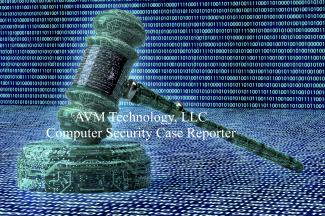United States v. Cook
UNITED STATES OF AMERICA, Plaintiff-Appellee,
v.
ALEX DAVID COOK, Defendant-Appellant.
No. 12-3827
UNITED STATES COURT OF APPEALS FOR THE SIXTH CIRCUIT
Filed: July 30, 2013
ON APPEAL FROM THE UNITED STATES DISTRICT COURT FOR THE NORTHERN DISTRICT OF OHIO
SILER, Circuit Judge. Defendant Alex Cook appeals his conviction for the receipt, possession, and distribution of child pornography. For the reasons that follow, we AFFIRM.
I.
In 2010, the FBI discovered that someone with an internet-protocol ("IP") address in Lima, Ohio was sharing computer files over the internet that contained images of child pornography. They found that the IP address was assigned to Cook's internet service account, and the FBI executed a search warrant at his apartment. His roommate, Ian Douglas, was interviewed during the search, but was ruled out as a suspect. Cook was not arrested, but agreed to accompany the FBI agents to their office for an interview.
At the beginning of the interview, Agent Paul Pape showed Cook an electronic version of his rights, which he appeared to read before electronically signing a waiver of those rights. Near the end of the interview, Pape, with Cook's assistance, prepared a two-page written statement that reflected the substance of the interview. Cook signed the statement, attesting that it was true and accurate. In the statement, Cook admitted that there were images of child pornography on his computer and that he downloaded them from the internet. In accordance with standard FBI policy at the time, the interview was not recorded.
A forensic analysis of Cook's computer revealed that there were numerous images of child pornography located in LimeWire files. LimeWire is a program that allows the user to share computer files and search the internet for others who are sharing particular types of files. Among other files, Cook's computer had child pornography images in his LimeWire shared folder, meaning it was available to other users to download.
Cook was indicted in December 2010 and assigned representation by the Federal Public Defender. After the district court granted Cook three extensions for the filing of pre-trial motions and a continuance of the pre-trial conference, trial was set for June 28, 2011. After the pre-trial conference, the court granted Cook's request for a continuance and scheduled a new trial date for September 6, 2011. On August 2, 2011, the Federal Public Defender withdrew as counsel and a new counsel appeared at Cook's request. His new counsel requested a continuance to review the case for an indeterminate amount of time and noted the potential need to retain additional experts. The court denied the request, but it advised counsel that if any newly retained defense experts could not be ready in time for trial, that she should "make a record in that regard" and that the court would readdress a request for continuance. Defense counsel did not renew her continuance request.
Cook called six witnesses at trial, including two experts and himself. He claimed that the confession was fabricated and that he did not read the statement before he signed it. He also testified that he had no idea how the child pornography images got into his computer files. Nonetheless, he was convicted on all three counts and sentenced to 72 months of imprisonment, well below his 168 to 210 month advisory guideline sentence.
II.
On appeal, Cook raises two issues. First, he argues that the district court erred by not granting a continuance after he replaced his trial counsel one month before trial. We review the district court's denial of a continuance for an abuse of discretion. United States v. Hall, 200 F.3d 962, 964 (6th Cir. 2000).
In his other argument, Cook contends that his counsel provided ineffective assistance in a variety of ways. "[I]n most cases a motion brought under [28 U.S.C.] § 2255 is preferable to direct appeal for deciding claims of ineffective assistance." Massaro v. United States, 538 U.S. 500, 504 (2003). See also United States v. Johnson, 553 F.3d 990, 999 (6th Cir. 2009).
III.
Cook argues that the district court abused its discretion when it denied his last motion to continue the trial. The district court held a telephone conference on August 4, 2011 to discuss Cook's motion to continue. The government objected to the continuance because arrangements had already been made for traveling witnesses and because the trial was not "rocket science." The court noted that it was Cook's decision to change counsel, and, because it had been contemplated weeks earlier, the court should have been informed. The court denied the motion, noting that thirty-two days was an adequate amount of time to prepare.
Trial judges have "a great deal of latitude in scheduling trials." Morris v. Slappy, 461 U.S. 1, 11 (1983). On appeal, "[t]here are no mechanical tests for deciding when a denial of a continuance is so arbitrary as to violate due process, [so t]he answer must be found in the circumstances present in every case, particularly in the reasons presented to the trial judge at the time the request is denied." Ungar v. Sarafite, 376 U.S. 575, 589 (1964). In order to demonstrate reversible error the defendant must prove actual prejudice to his defense by showing that a continuance "would have made relevant witnesses available or added something to the defense." United States v. Crossley, 224 F.3d 847, 855 (6th Cir. 2000).
Defense counsel requested the continuance in order to become more familiar with the case before trial. Similarly, in Ungar v. Sarafite, defense counsel requested a one-week continuance because of his unfamiliarity with the case and his busy schedule. 376 U.S. at 590. In affirming the trial court's denial of the continuance, the Court noted that five days was a constitutionally adequate amount of time to prepare for a trial which involved clear-cut issues and readily accessible evidence. Id. Here, counsel had access to the government's entire file; previous counsel's materials, including a computer forensics expert; and thirty-two days to prepare. Further, the government's case was relatively simple, including evidence from ten witnesses covering just over a day and a half.
In requesting the continuance, counsel also indicated that it was possible that she would need to retain a computer expert to produce a forensic report. Although the court denied the motion, it advised counsel that if any newly retained defense experts could not be ready in time for trial, that she should "make a record in that regard" and that the court would readdress a continuance request if made. Thus, the district court gave defense counsel an opportunity to make a more detailed request, but she failed to do so.
Moreover, Cook has failed to show that he suffered actual prejudice. He has failed to identify specific witnesses or evidence that would have been available had the continuance been granted. Therefore, the district court acted within its discretion in denying the continuance.
IV.
Cook also contends that his trial counsel provided ineffective assistance in three different instances. He argues that she should have (1) renewed the continuance motion in order to investigate a computer hacking defense, (2) requested that the government stipulate to the fact that the images contained child pornography, and (3) moved for the charges to be dismissed or for a mistrial because the confession was not recorded.
If Cook were to pursue these claims on collateral attack, the factual record could be further developed to show, for example, whether computer hacking was in fact a viable defense, or why his counsel did not take certain actions. This in turn would color the degree, if any, to which his counsel was ineffective. Thus, given the incomplete record, and our preference that defendants pursue ineffective assistance of counsel claims on collateral attack, Johnson, 553 F.3d at 999, we decline to rule on Cook's claims of ineffective assistance of counsel in his direct appeal.
AFFIRMED.

